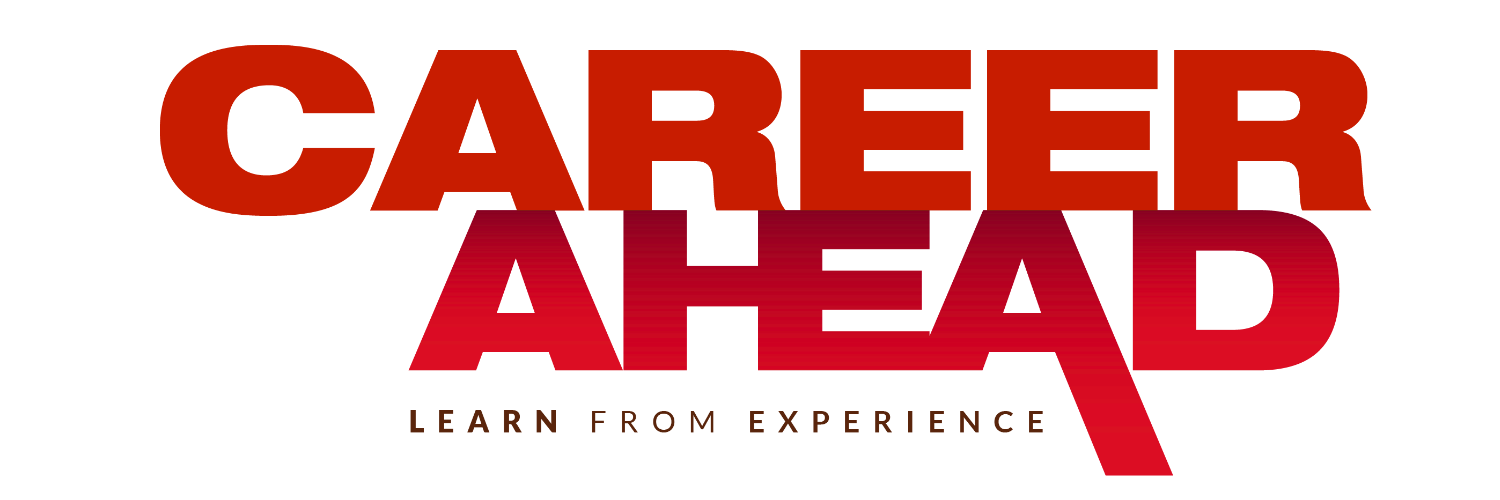No products in the cart.
An Accidental Entrepreneur
I call myself an ‘accidental entrepreneur’ because there were too many (happy) accidents that have brought me to where I am today! For me, the battle to become a doctor began soon after the realization at the age of 15, that even though I was the best cadet in NCC Navy at the Modern School, New Delhi, I could not join the National Defence Academy to become a fighter pilot in the Navy, as I was











